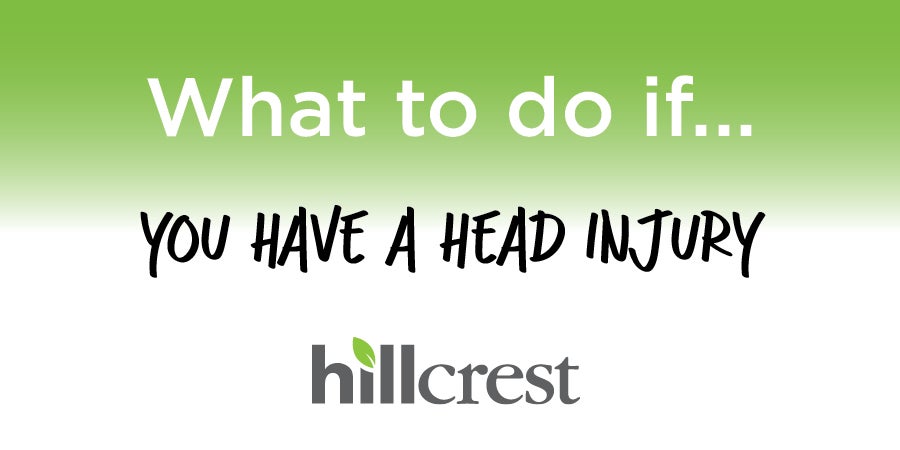Head injuries can occur a variety of ways. Perri Craven, M.D., medical director at Kaiser Rehabilitation Center at Hillcrest Medical Center, gives advice on what to do if you or someone near you experiences a head injury.
• What do you need to know about a head injury?
A head or brain injury is a result of a bump, fall or blow to the head. Brain injuries are more complicated than a concussion, and may have other related injuries, such as fractures or strains. The two most common causes of brain injury are motor vehicle accidents and falls. Concussions are a mild form of brain injury sustained usually without loss of consciousness or it can be for a brief period.
• What are symptoms of a head or brain injury?
Initial concussion symptoms are usually temporary and include dizziness, headache, memory impairment, light and noise sensitivity.
Signs of a traumatic brain injury are diverse and are different in all people. The following list is a guide: Confusion, agitation, difficulty with sleep, headaches, fatigue, vision changes, nausea, vomiting, mood changes, weakness, dizziness, loss of coordination or difficulty with speech.
• What should a person do if they experience a head or brain injury?
Concussions can occur often in contact sports of youth and adults. Most symptoms clear with physical and cognitive rest in two weeks. Anyone experiencing new onset of seizures, headache or vomiting should seek medical care at an established hospital-based emergency room and not an urgent care.
High-risk individuals, such as older adults, who have sustained a fall and hit their head should be evaluated as bleeding can occur in the brain. If a patient takes aspirin or other blood thinners the risk of a bleeding type of brain injury is a concern and can require neurosurgical intervention. Any of the above changes in a fall victim or from a motor vehicle accident should have a CT scan of the brain to evaluate the cause of the symptoms.
• What should a person not do if they experience a head or brain injury?
The person should not be left alone or allowed to sleep it off. Please do not ignore symptoms and seek medical care.
If you, or someone near you, experiences a possible head or brain injury, seek medical attention in person immediately or call 911.

